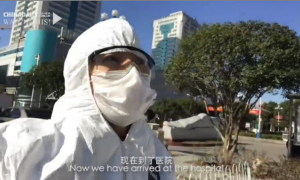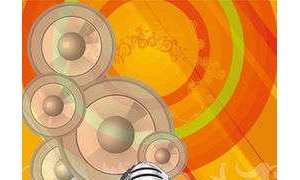这是最被过于复杂化的时态之一,其实它的用法( had + P.P.过去分词)很单纯 – 如果要表达发生在过去的两件事,先发生的事用过去完成式,后发生的用简单过去式。
例如: The train had left when we arrived at the train station. (我们当时抵达车站前,火车已经开走了。) 这句子中的两件事都在过去发生,但火车开走比较早发生,所以用过去完成式,抵达车站较晚发生,所以用过去式。
这是英文说话的习惯,或许我们中文里没有这种转换动词的用法,才会较不容易懂。中文在这种状况下,我们只需要在过去那个时间点加上”之前”即可,不像英文必须要改变动词的型态。以下就用从更多的例句,来了解过去完成式的用法 :
型式 : had + P.P. (过去分词)
We were not able to get a hotel room because we had not booked in advance.
( 当时我们无法找到一间旅馆的房间,因为在那之前没有事先预订。)

Tony knew Istanbul so well because he had visited the city several times.
( Tony当时对伊斯坦堡很了解,因为在那之前他已经去过了好几次。)
When George passed away, he and Jenny had been married for nearly fifty years.
( 当时George过世时,他已经和Jenny结婚将近50年了。)
I was sorry when the factory closed. I had worked there since I moved to the town.
( 我当时很遗憾那工厂关门了,因为自从我搬到这镇上来就在那里工作了。)
Luke and I were pleased to meet Henry. We hadn’t met him even though we had met his wife several times.
(那时Luke和我很高兴见到了Henry,在那之前我们并没有见过他虽然见过了他太太好几次。)
Terry wasn’t at home. He had gone swimming.
(当时Terry不在家,他去游泳了。)
Maggie had tasted the milk and had decided it was bad, so she threw it away.
(当时Maggie已经尝过了牛奶,并认定那已经坏了,所以她把牛奶丢了。)
It was raining hard, but by the time the English class was over, the rain had stopped.
( 当时雨下得很大,但在英文课下课前,雨已经停了。)
Jane was late. The teacher had already given a quiz when she got to the class.
( Jane迟到了,当她那时抵达班上时,老师已经开始考试了。)
I couldn’t recognize Laura when I ran into her yesterday. She had lost a great deal of weight.
( 昨天我意外遇到Laura的时候,我认不出她,她瘦了很多。)







